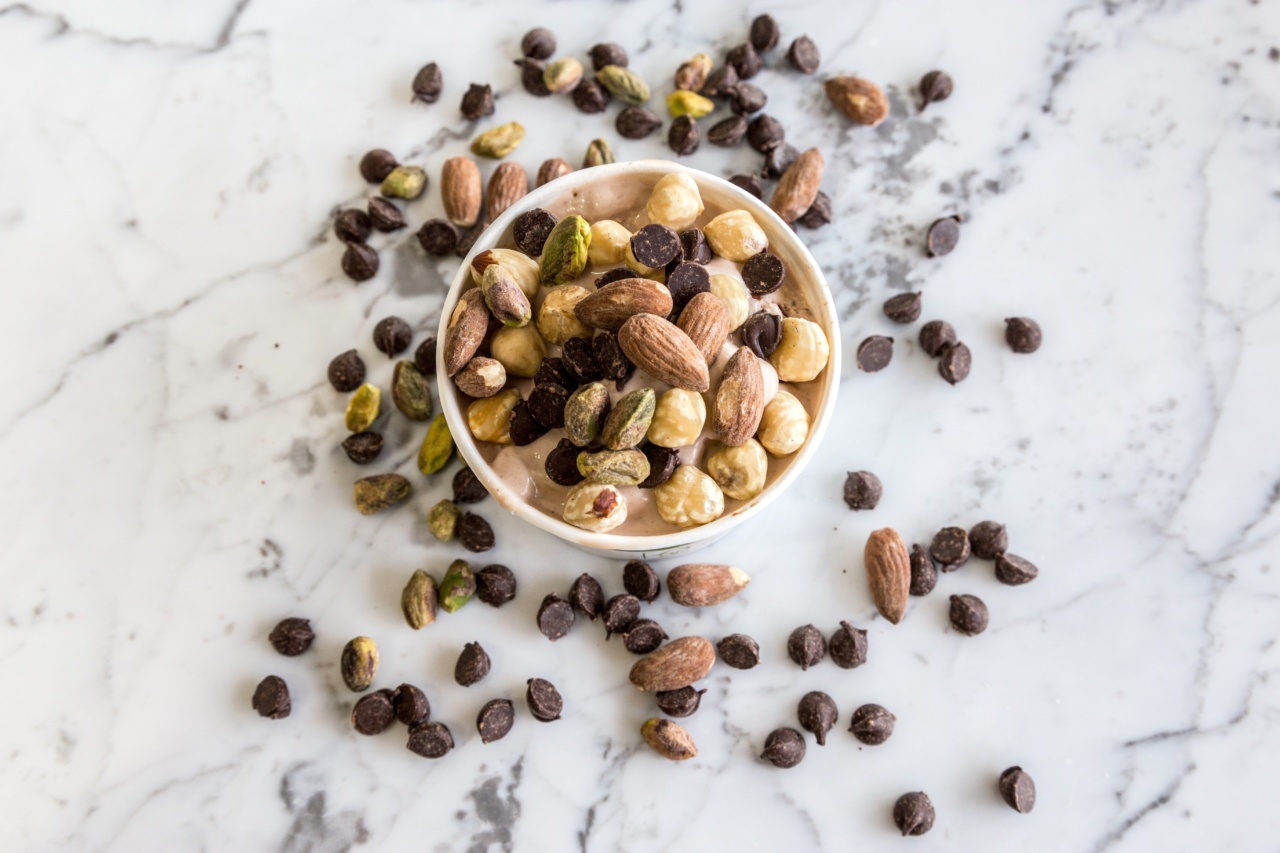Diabetes is a metabolic disorder that results in high levels of blood sugar or glucose in the body. The two main types of diabetes are type 1 and type 2.
Type 1 diabetes is a condition where the body does not produce enough insulin, while type 2 diabetes is a metabolic disorder that results in insulin resistance. Insulin is responsible for regulating blood sugar levels in the body. People who have diabetes need to be careful about the type of foods they eat to help manage their blood sugar levels.
One food that has been shown to play a beneficial role in diabetes management is nuts.
The Nutritional Benefits of Nuts
Nuts are a great source of healthy fats, fiber, and protein. They are a nutrient-dense food, which means they provide a lot of nutrients for the amount of calories they contain.
Nuts contain several essential vitamins and minerals, including magnesium, potassium, and vitamin E. They are also low in carbohydrates, which makes them a great food for people with diabetes.
Nuts and Blood Sugar Control
Nuts have been shown to have a positive effect on blood sugar control in people with both type 1 and type 2 diabetes.
One study found that eating nuts daily helped to improve blood sugar control and reduce insulin resistance in people with type 2 diabetes. Another study found that eating nuts after a high-carbohydrate meal helped to reduce the increase in blood sugar levels that normally occurs after eating.
The Different Types of Nuts to Include in Your Diet
There are many different types of nuts that you can include in your diet. Here are some of the most popular ones:.
- Almonds
- Cashews
- Pistachios
- Walnuts
- Pecans
- Macadamia nuts
- Brazil nuts
- Hazelnuts
Ways to Incorporate Nuts into Your Diet
There are many different ways to incorporate nuts into your diet. Here are some ideas to get you started:.
- Add nuts to your oatmeal or cereal in the morning
- Eat a handful of nuts as a snack between meals
- Sprinkle chopped nuts on top of yogurt or a salad for extra crunch
- Make your own trail mix with nuts, dried fruit, and seeds
- Use nut butter as a spread on toast or in a smoothie
Things to Consider When Adding Nuts to Your Diet
While nuts can be a healthy addition to your diet, it’s important to keep a few things in mind. Nuts are high in calories, so it’s important to watch your portion sizes. A handful of nuts (about 1 ounce) is a good serving size.
Some nuts also contain added salt or sugar, so be sure to check the label when purchasing. Additionally, some people may have a nut allergy, so be sure to check with your doctor before adding nuts to your diet.
Conclusion
Nuts are a great addition to a healthy diet, especially for people with diabetes. Their nutrient density, low carbohydrate content, and positive effect on blood sugar control make them a great food choice.
Incorporating a variety of nuts into your diet can help provide a range of different nutrients and flavors. As with any food, it’s important to watch your portion sizes and check the label for added salt or sugar.


























